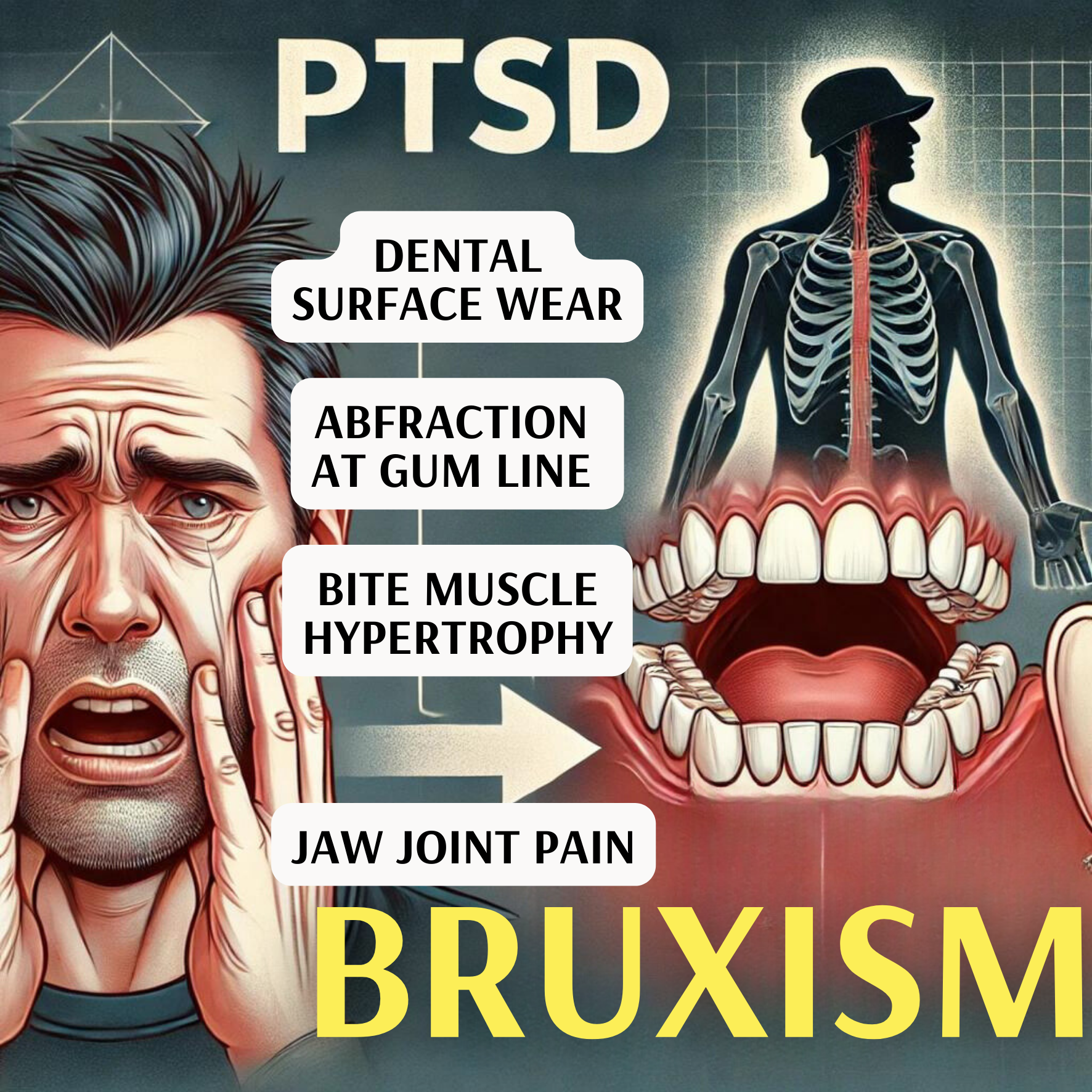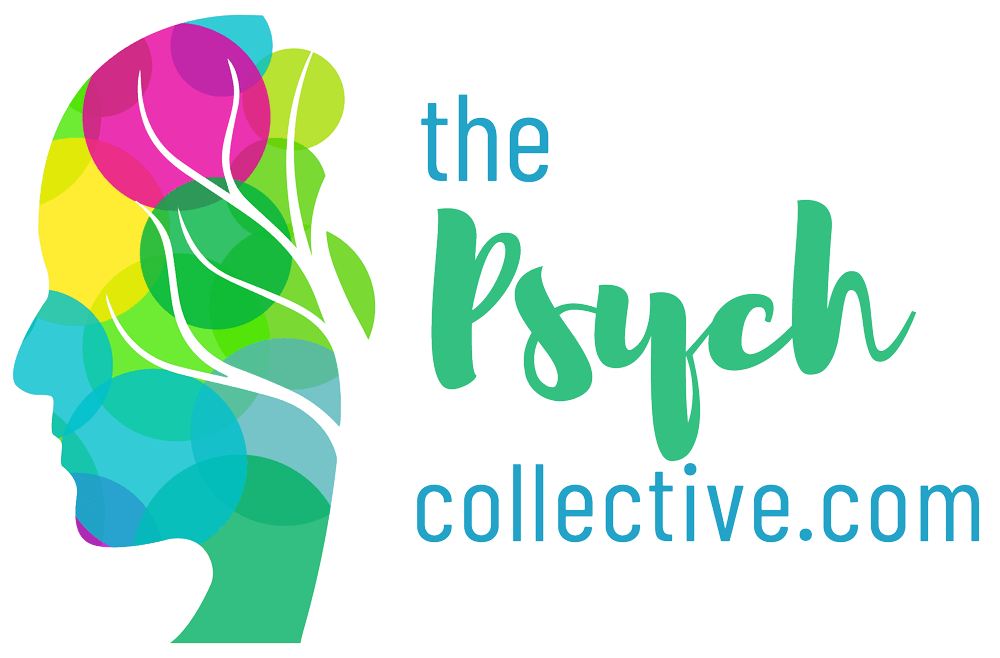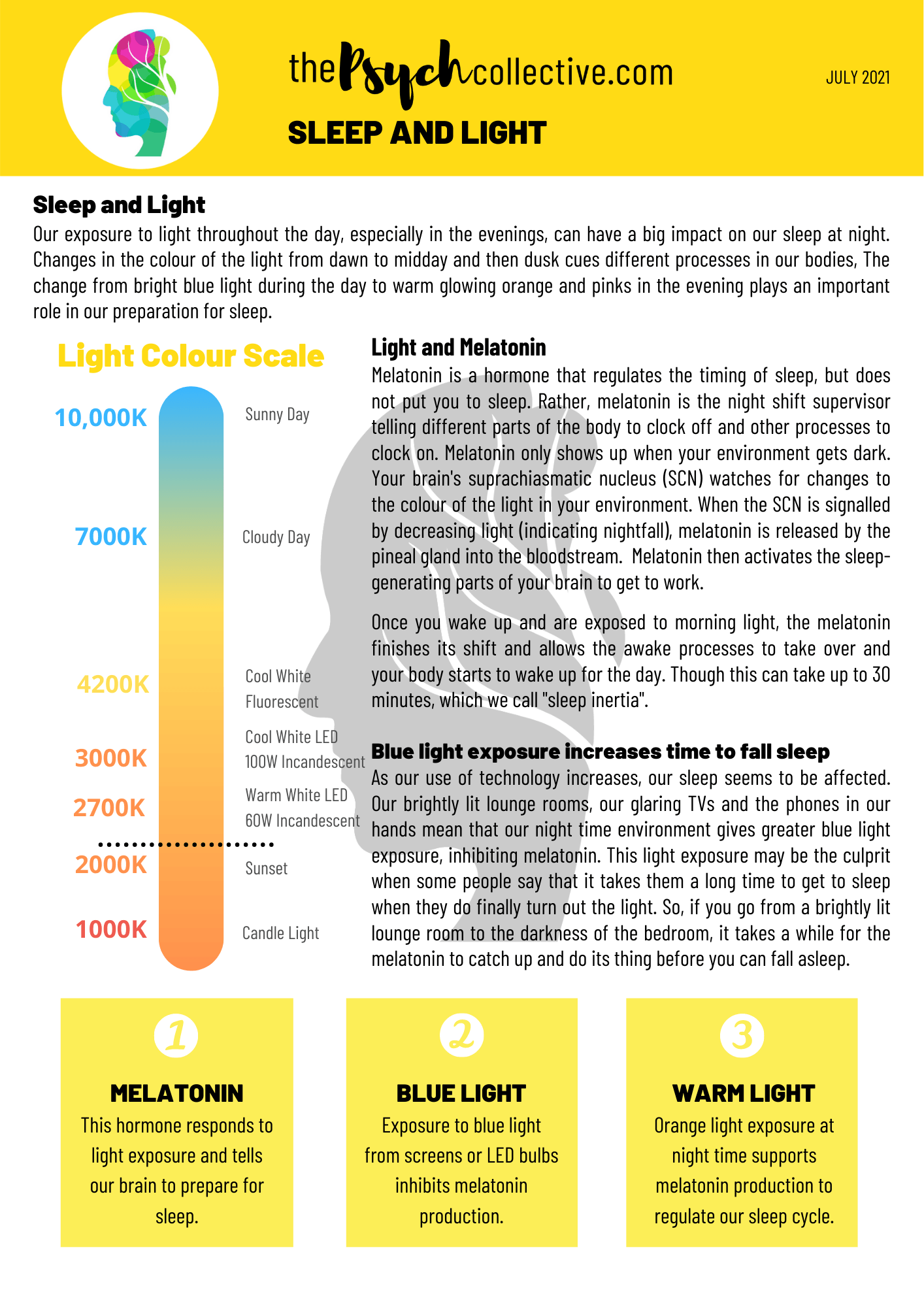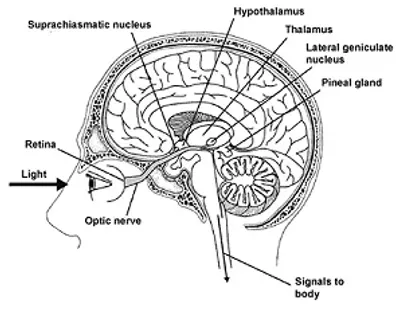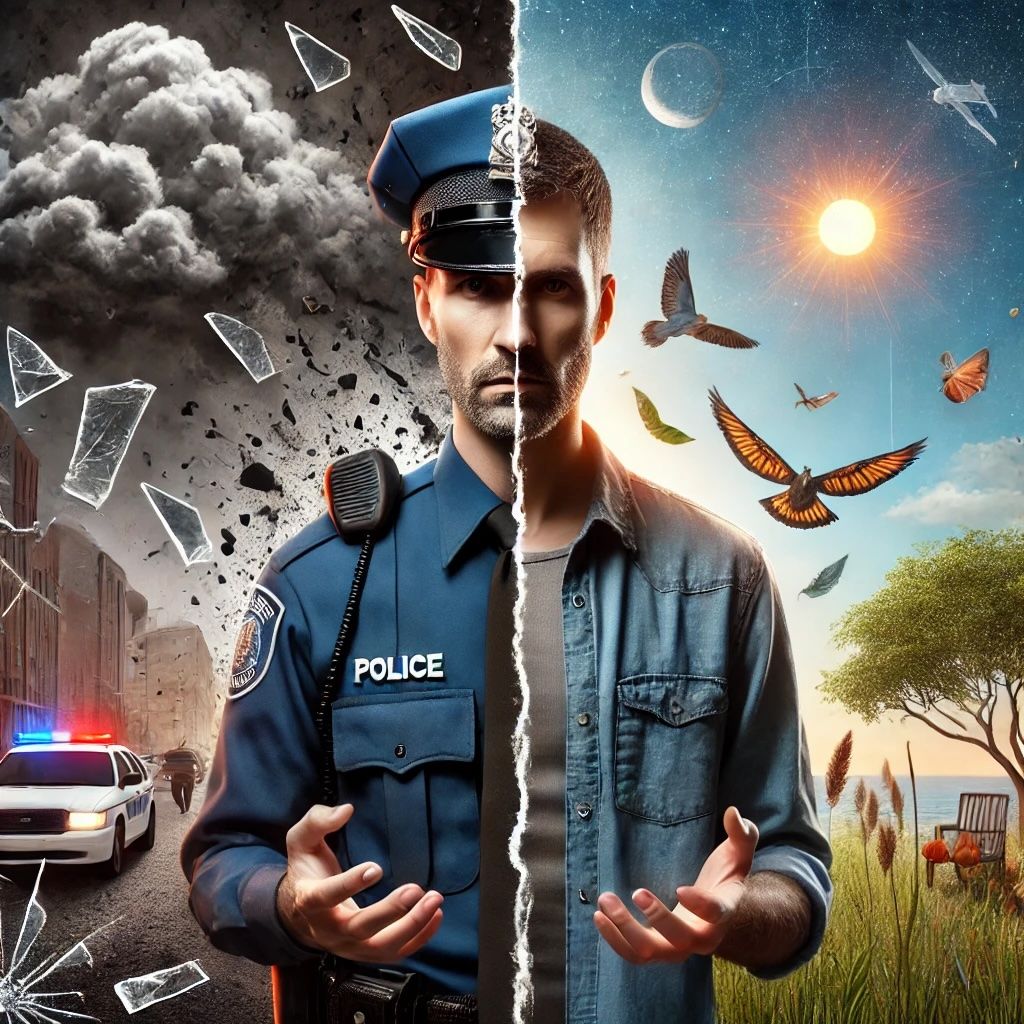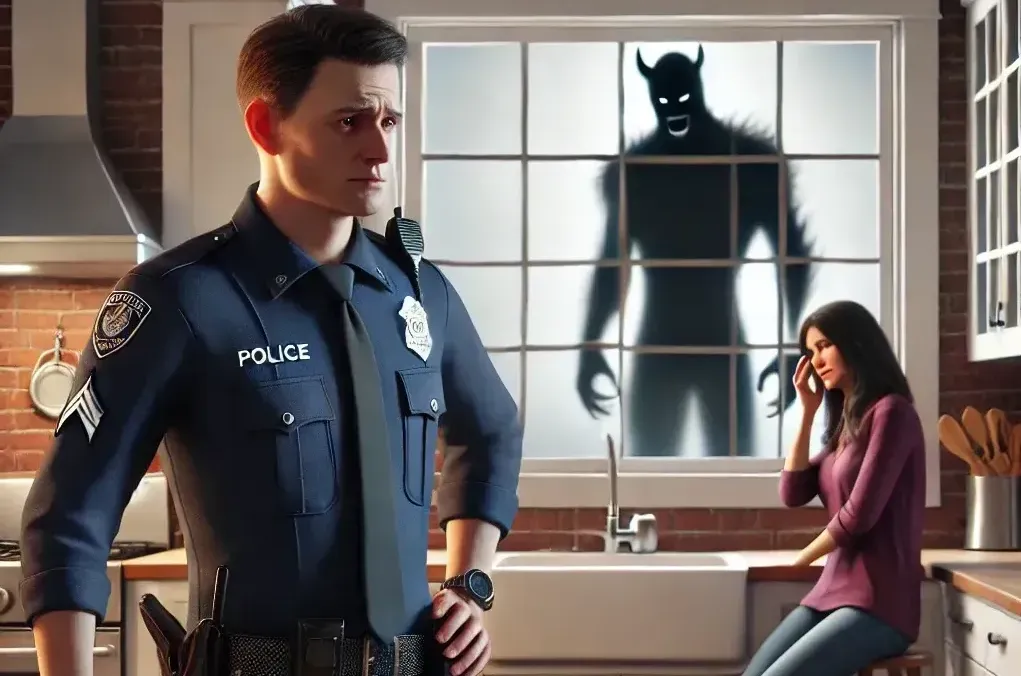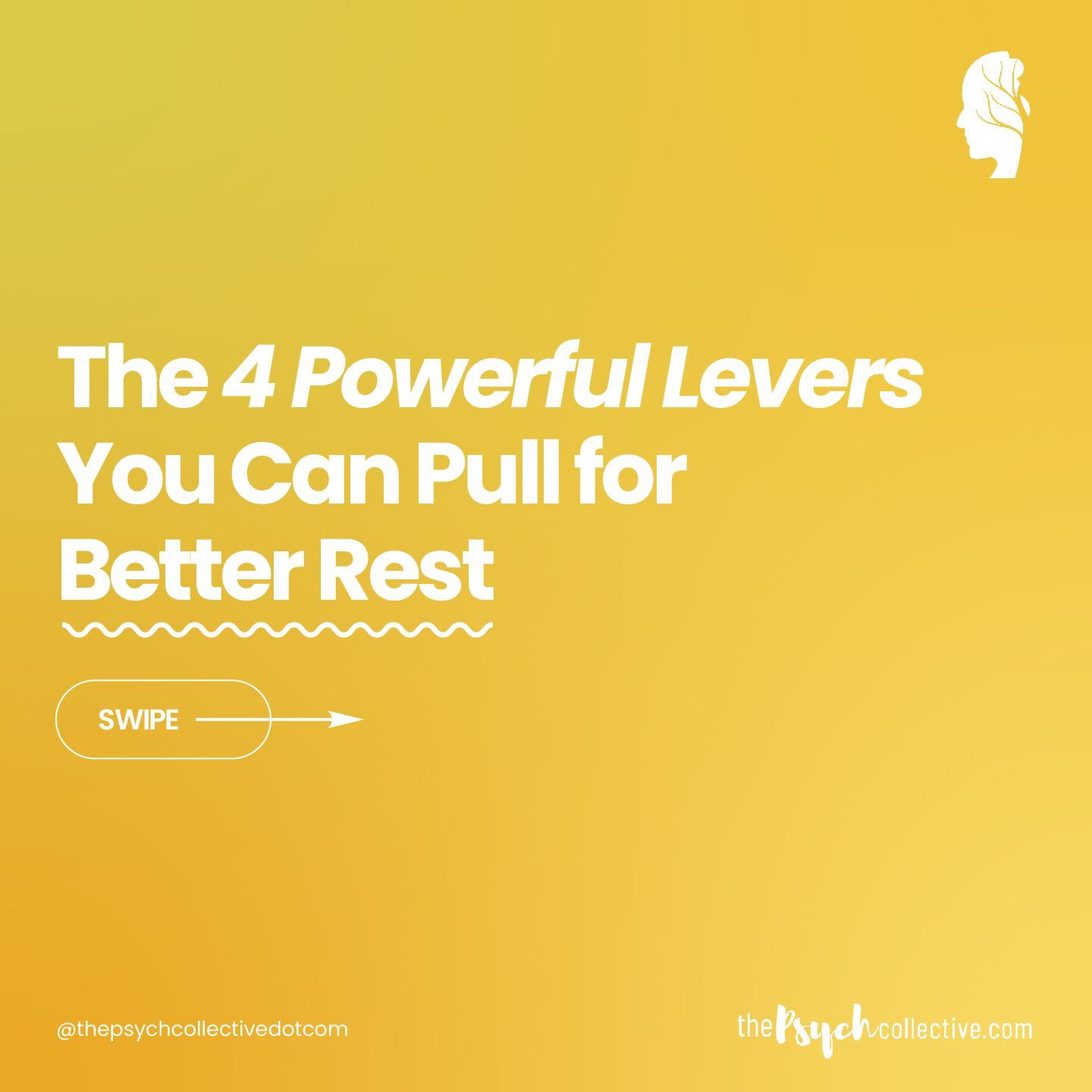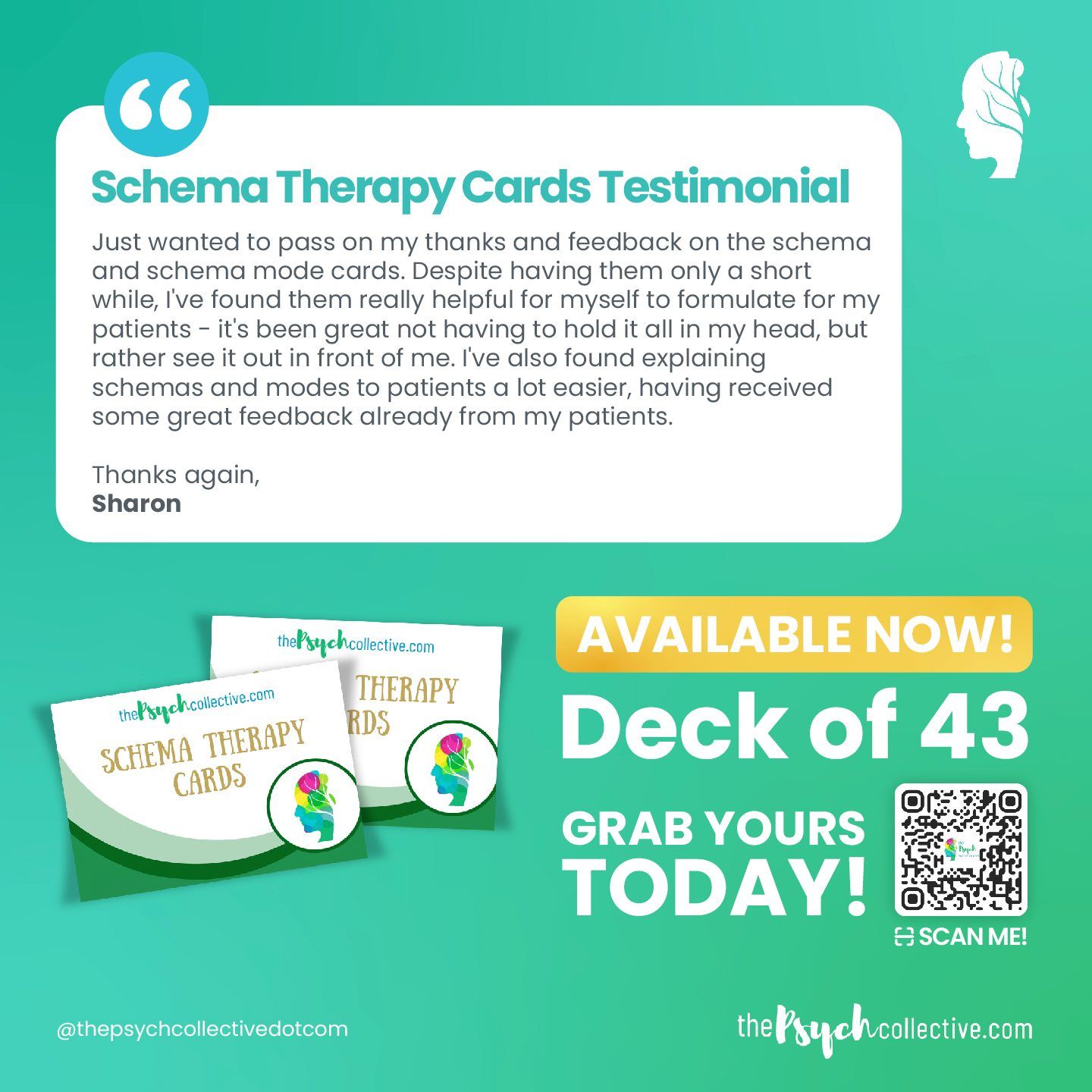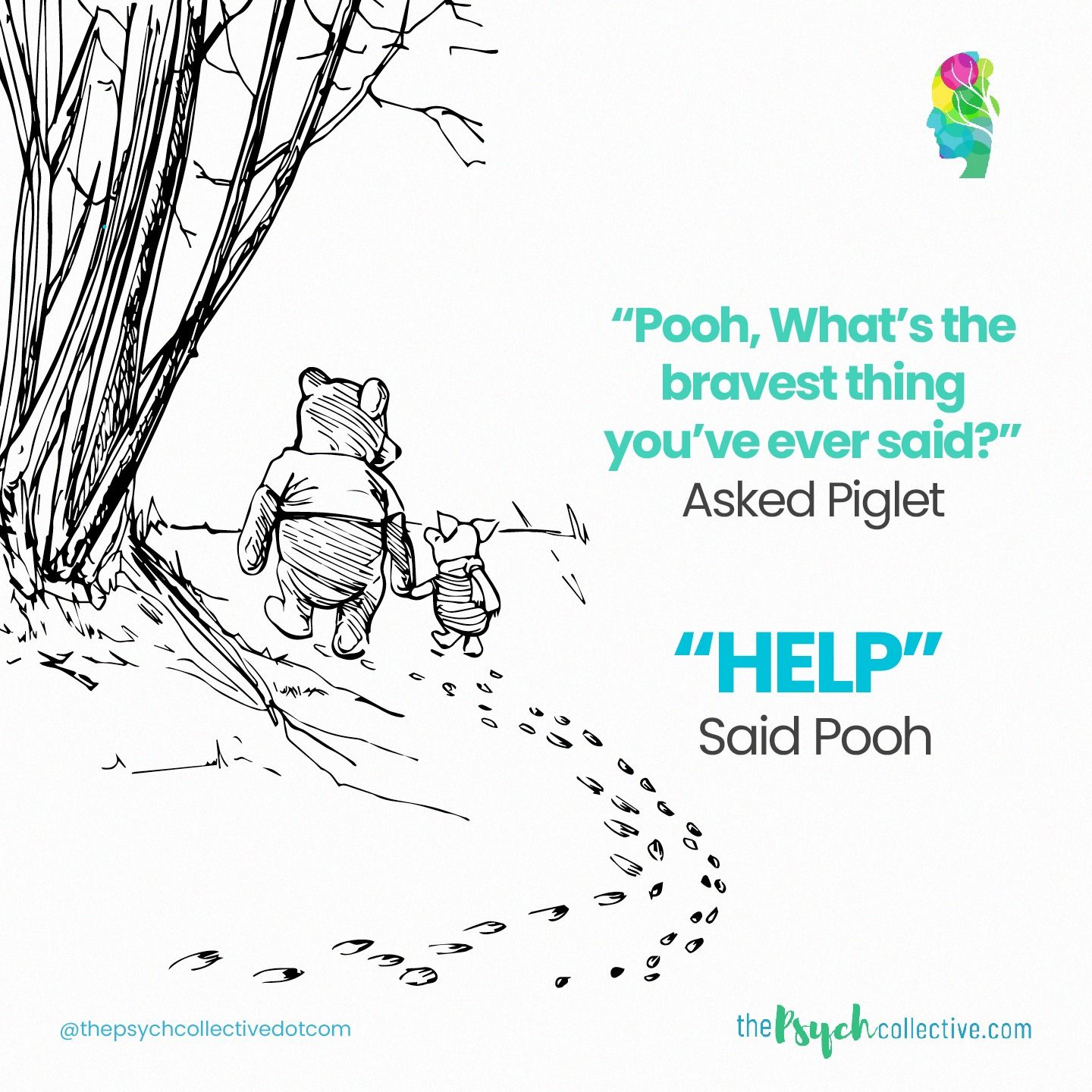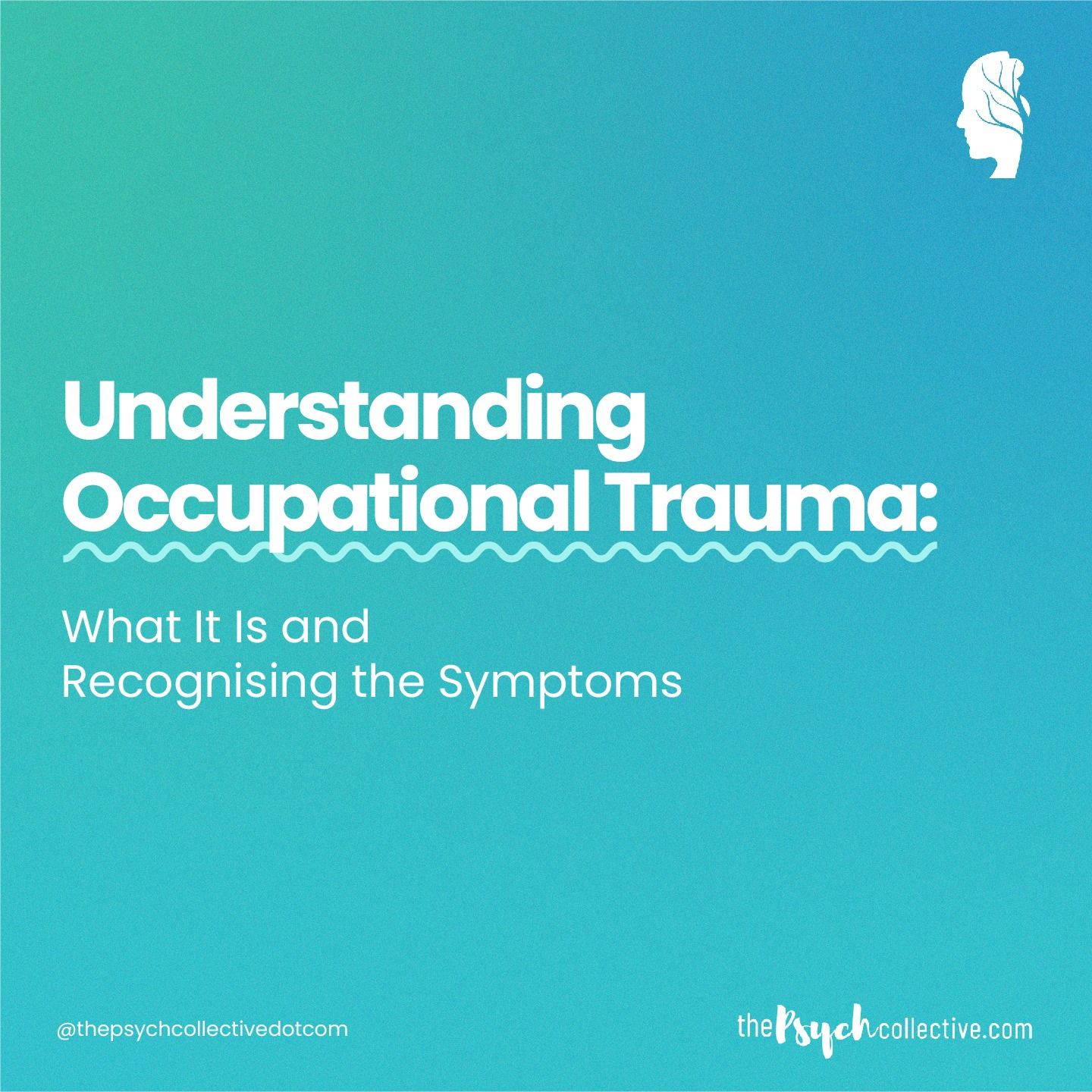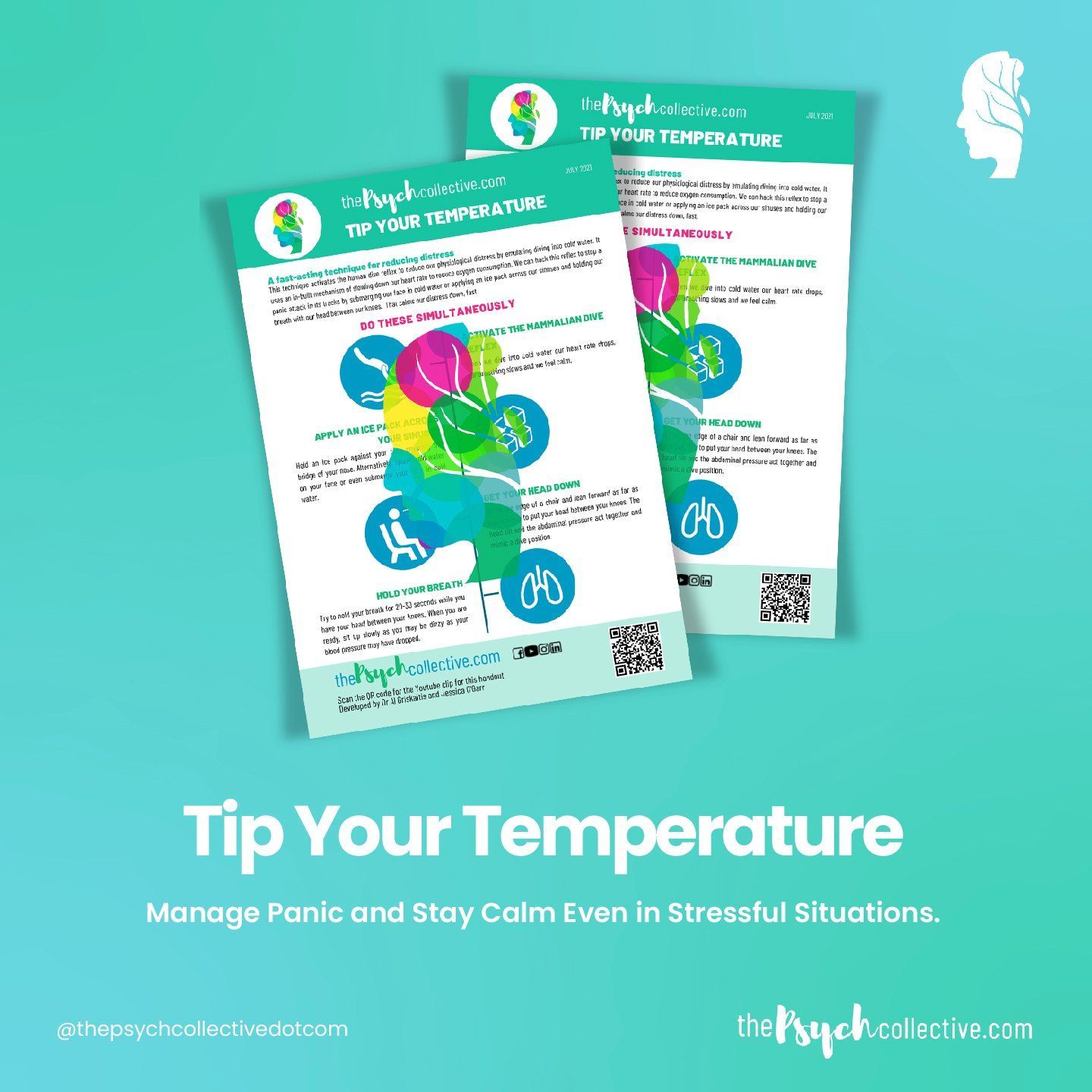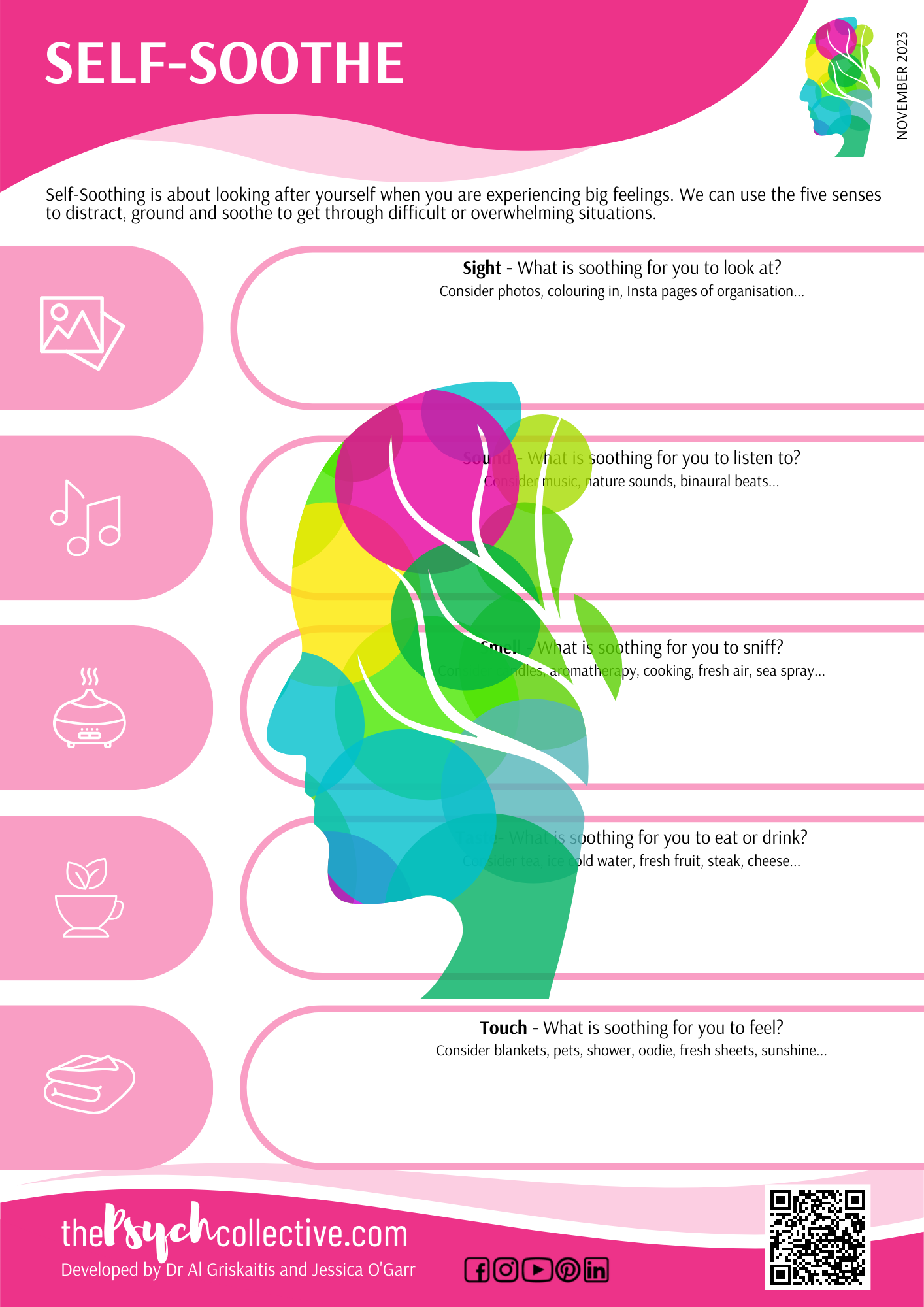Sleep and Light
Sleep and Light
Preparing your body for sleep.
Melatonin is a hormone produced only in low/warm light that signals to the brain that it is time to prepare for sleep. Melatonin reduces wakefulness. Reduce your exposure to light at night to reduce your wakefulness.
Want to read more? Check out our handout. It is free to download from our Members Resources page.
Sleep and Light
How your light exposure effects your sleep
There is a part of your brain called the SuperChiasmatic Nucleus (SCN) and it is connected to your optic nerve. It's job is to pay attention to how much light you are exposed to, and tell the brain when it is time for sleep by kickstarting your melatonin production. The trigger for this call to sleep is from the absence of light, specifically blue light.
If you are exposed to too much bright or blue light in the evening, your brain doesn't get enough warning to start preparing for sleep until you finally shut off your laptop or turn off your phone. From when the SCN pulls the trigger on preparing for sleep, to when you actually fall asleep can be a difference of 30-90 minutes. And if you happen to be lying in bed for that time, you'll be tossing and turning and probably getting frustrated.
So give your brain some warning that it needs to start preparing for sleep by reducing your blue light exposure.
ACTION: dim the lights at sunset and turning off screens at least 30 minutes before bed.
Image Source: https://www.howsleepworks.com/how_circadian.html
Dark Therapy for Bipolar Disorder
How to manage manic episodes and preserve sleep
For people who have Bipolar Disorder, sleep is a crucial element of maintaining stability. Disrupted sleep can trigger a manic episode, and visa versa. One of the questions we get asked often is how to promote sleep during an episode, as usually people rely on drugs to sedate them while they ride out the episode.
However, I recently stumbled across this article that talks about using dark therapy for Bipolar Disorder. A research team in Norway subjected a group of patients to 14 hours of darkness (6pm-8am) while they were experiencing manic symptoms, and found that this reduced the severity of their symptoms much faster than the control group. Now, this is new information to me, so honestly I haven't tried it with a patient yet, but the research is compelling.
And for those of you that shudder at the thought of that much time in darkness, a cheat option was offered of wearing amber glasses for the same amount of time.
Read more about this from the links below.
Share
Categories
About Our Resources
We offer actionable resources and teach real skills to help people make meaningful change in managing mental health issues through different modes depending on people's learning preferences including infographics, text, worksheets, handouts and video.
